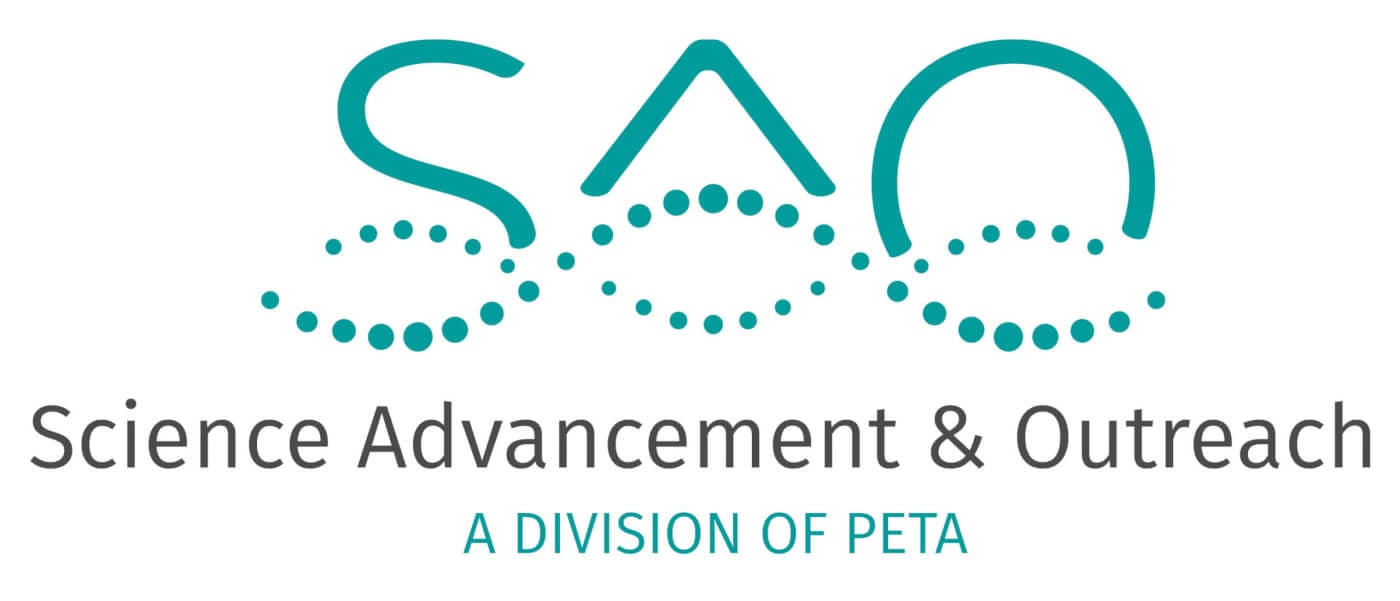The Contradictions of Animal Experimentation
Written by Emily R. Trunnell, Ph.D.
April 2024
What do people who are against experiments being conducted on animals and many of the people who conduct them have in common? Both are apparently against experiments on animals—some species of animals, at least.
In a new editorial in Hormones and Behavior, Richmond Thompson, Yvon Delville, and Christine Lattin argue that the research industry’s rampant use of mice and rats constitutes a “narrow focus [that] limits our understanding of the world beyond the lab and makes it difficult to translate anything we learn from such studies to other animals, including humans.” They make the case, as we have, that mice and rats bred specifically for experiments wouldn’t even make good models for understanding these same animals in their natural habitat due to rampant inbreeding and, we would add, the unnatural and stressful conditions of the laboratories in which they’re kept for their entire lives.
However, most of us can quickly think of problems that cannot be adequately addressed in these “model organisms”, like how neuroendocrine mechanisms work in natural contexts (what is a natural context for a highly inbred lab mouse?). … It is often even unclear whether results from model organisms can be generalized to other model organisms, or even to other genetic strains of the same organism. Indeed, if we cannot answer those questions, then it is possible that much of the work done in genetic models will not translate to other animal species, including humans, and the frustration voiced by former NIMH director Tom Insel that scientific research has not alleviated as much human psychological suffering as hoped for will continue.
So stop experimenting on mice and rats? We agree!
However, the three then go on to complain that because they want to use fish, hamsters, and wild birds, they’re at a disadvantage when it comes to obtaining funding from federal agencies, which they say are single-minded about their preferred species. According to the authors:
[W]e missed the memo circulated in some circles that the goal of neuroendocrinology, and perhaps neuroscience more generally, is to understand domesticated rats. … When another scientist recently asked an agency contact about work in a non-traditional species, they were told that the agency was not running a zoo.
The criticism of conducting experiments on particular species by those who use others is common in scientific literature. Advocates of conducting painful sepsis experiments on baboons caution against the use of dogs, pigs, and sheep for the same purpose. Neuroscientists admit that experiments on mice translate poorly to humans in order to defend the use of dogs, pigs, and rhesus macaques. The same is true in other fields, including infectious diseases and endometriosis.
If the use of some species in experiments doesn’t add actionable knowledge to the field, why is it still permitted? Or at the very least, if its usefulness is uncertain, why is the ethical imperative not to err on the side of caution? Is this simply a matter of some experimenters criticizing others’ practices to build up their own?
Even permitting a more moderate interpretation—experimenters who are critical of studies on rodents aren’t asking to end them, only for an increase in experiments on their preferred species so there’s more comparative data—there’s an ethical concern. Those in favor of animal research argue that their work is permissible because the suffering and death that animals experience is outweighed by the value of the data collected. But if that data has value only when compared to data from other experiments on animals (rather than being directly relevant to humans or other populations of interest), the ends don’t justify the means.
Of course, we cannot ignore the most obvious form of contradictory logic touted by animal experimenters: that animals are “like us” enough to use them to understand human biological systems but too “unlike us” to be granted consideration of their rights or welfare. Animals are used in invasive and deadly experiments that demonstrate their altruism, empathy, fondness for play, and avoidance of pain, but evidence of these attributes hasn’t resulted in their protection.
These logical fallacies leave us with an ineffective paradigm. We know that other animals experience joy and suffering and that experiments conducted on them very often do not deliver useful knowledge for humans or the species’ own wild counterparts. Yet far too little is being done to curb their exploitation or protect them from harm. So what can we do? First, we need to end the use of animals in experiments that are known to translate poorly to humans and in which the harm outweighs the benefits. These are two of the strategies advanced in our Research Modernization Deal. You can learn more at PETA.org/RMD.

